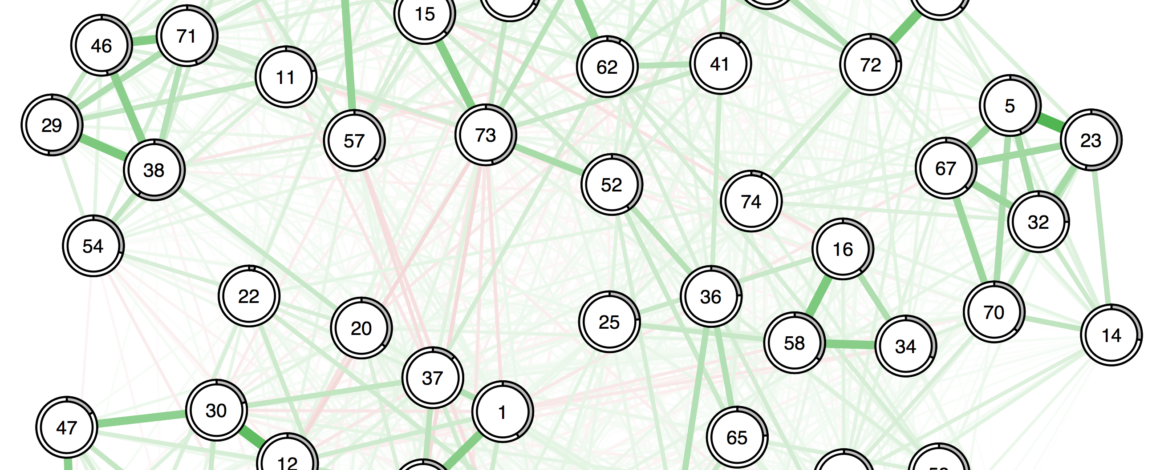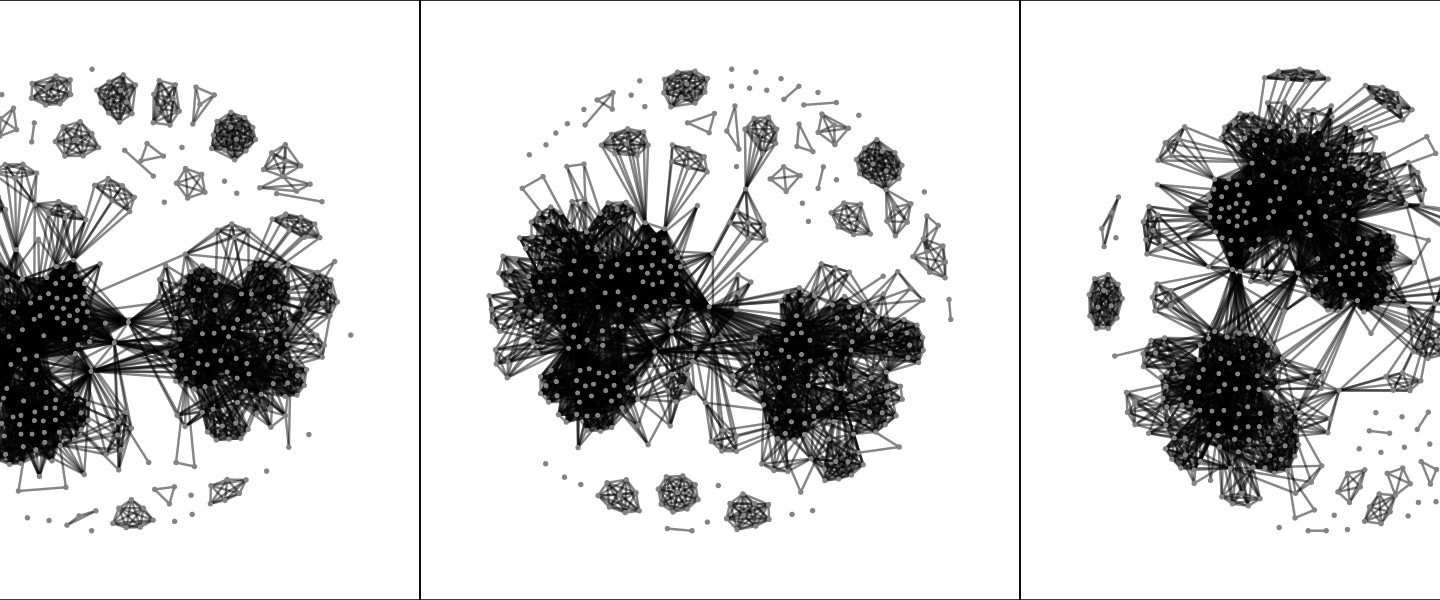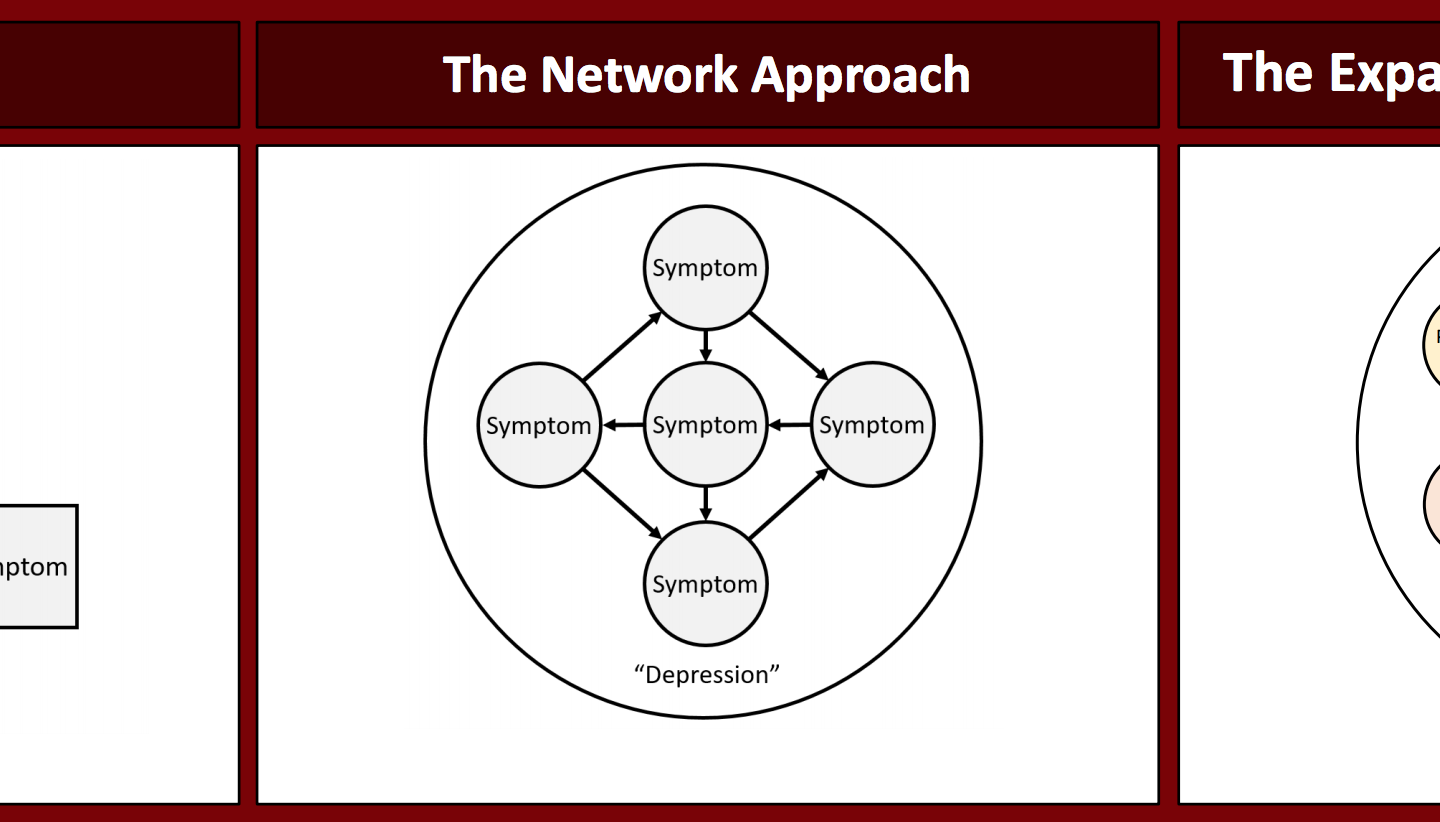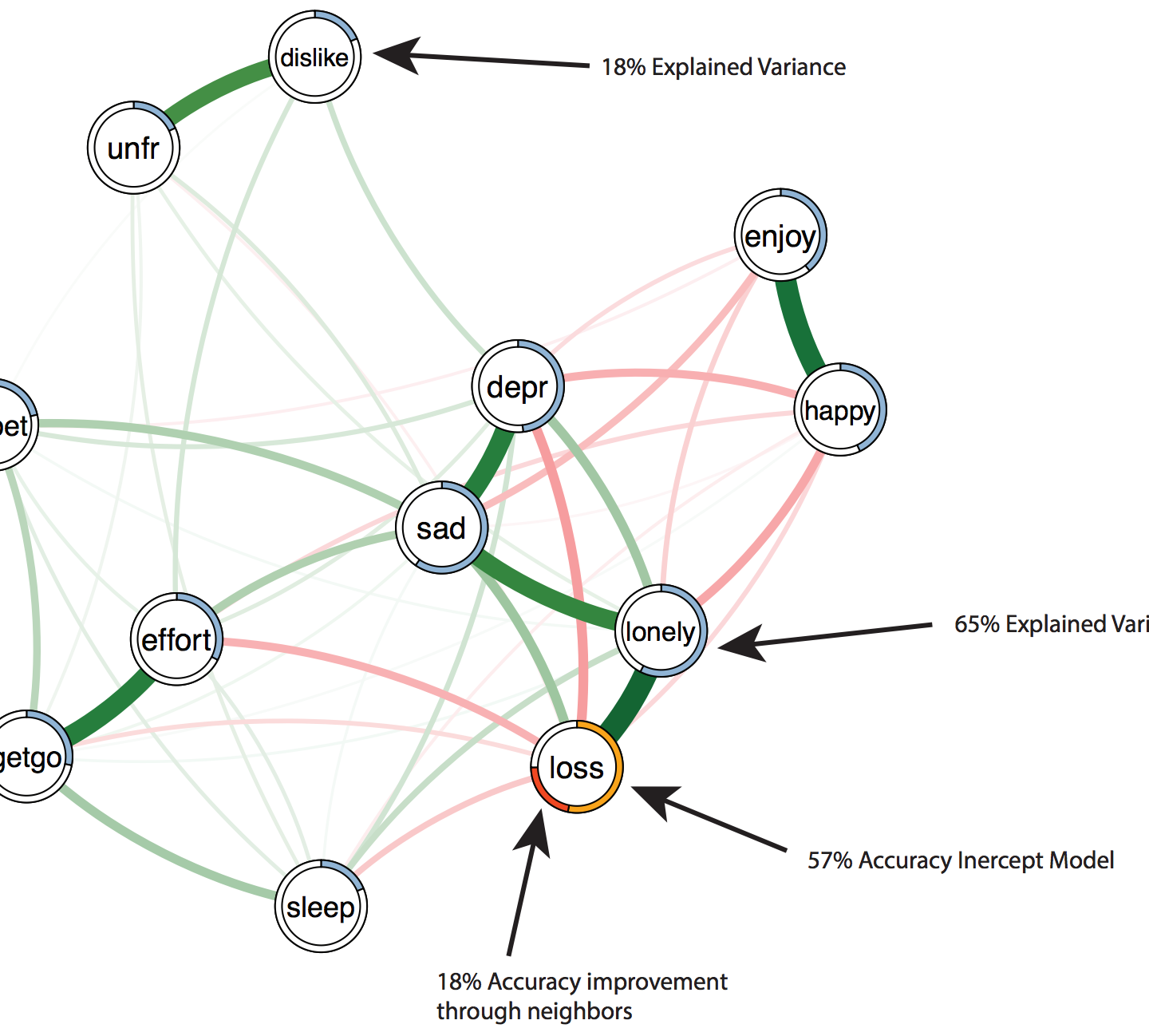How to study early-warning signals for clinical change
Merlijn Olthof is a PhD student at the Behavioural Science Institute of Radboud University, Nijmegen, The Netherlands. His main research interest is the study of complexity in mental health with a particular focus on phase transitions and early-warning signals. Together with a project group – including his supervisors Anna Lichtwarck-Aschoff …










